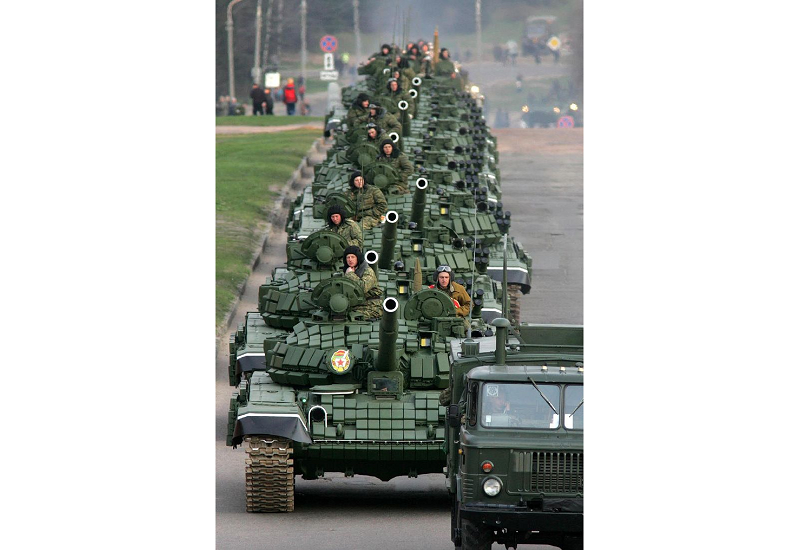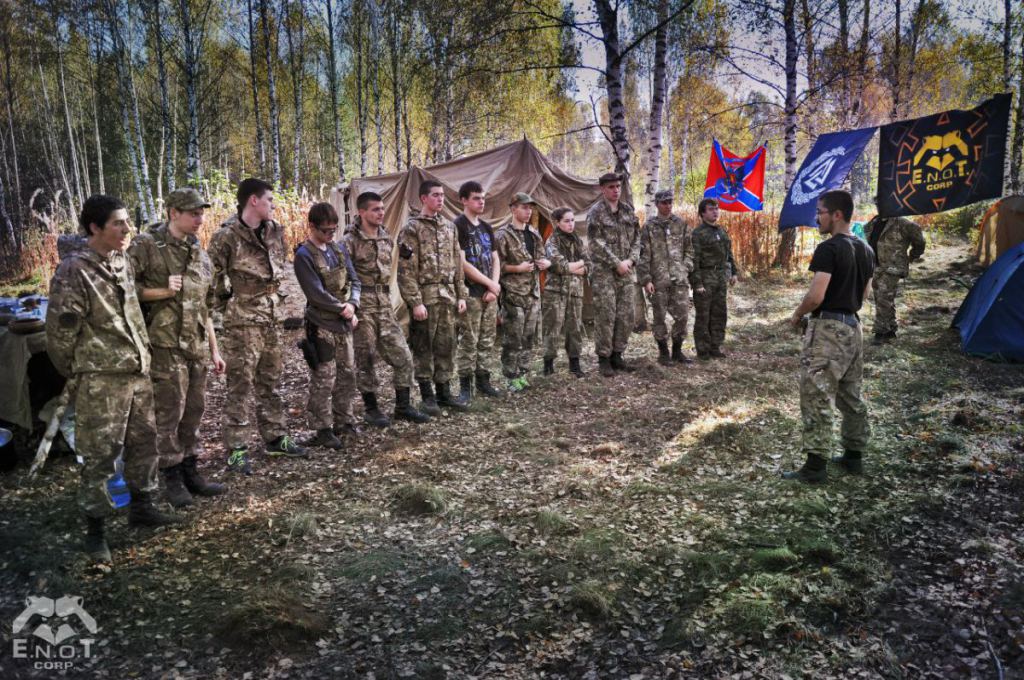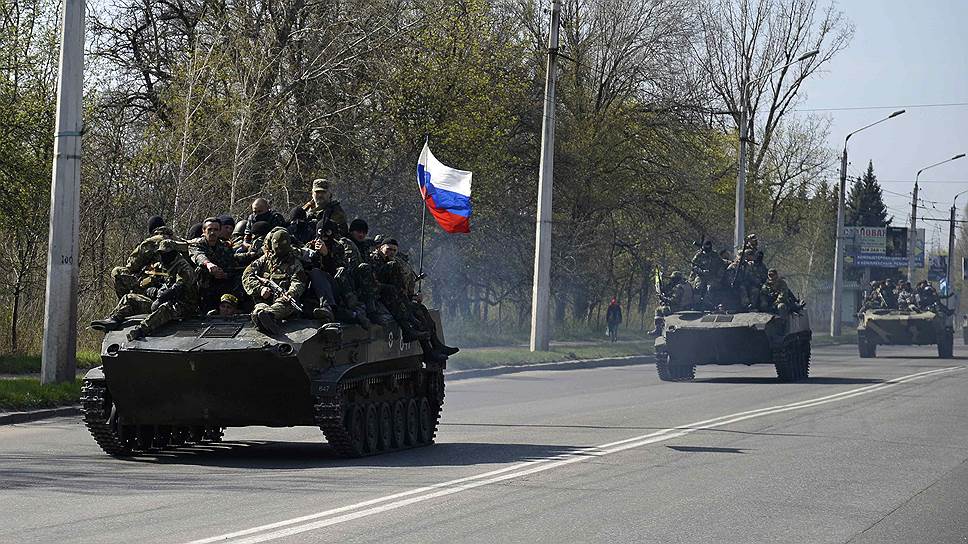Given loose talk among some in the West about recognizing a Russian sphere of influence over the former Soviet space, a Moscow blogger has brought back yet another term from the past to describe what he says should be the basis for the future: These countries, Aleksandr Khaldey argues, can and will again become Russian protectorates.
On his blog yesterday, Khaldey argues that “the specific characteristic of Russia as a civilizational-state formation consists in the following: it in principle cannot be a peripheral nothing. [Instead, it] can live survive only as a center” of something much larger and more powerful that dominates weaker states around it.
“Russia always was a sovereign surrounded by vassals,” and the latter never could or can exist independently, he says. If they try to escape from Russia’s orbit, they can only become protectorates or colonies of other powers hostile to Russia. Thus, Russia must ensure for its own survival that they become again its protectorates.
“A protectorate,” Khaldey writes, is when a weak state is in formal dependence on a stronger one. “In its soft form, a PROTECTORATE the subordinate and dependent state formally retains its state system” but even then “supreme rule in the country really belongs to the stronger power.”
He continues: “In a more harsh form, the subordinate exists in COLONIAL DEPENDENCY,’ where the patron state decides completely all aspects of the state system and the existence of the client state. That is, one is speaking about the presence of external administration.”
At present, Khaldey says, “Russia is struggling” to escape from being “an American protectorate” which he says the US imposed after the collapse of the USSR and thus its leaders understand full well what is at stake and why when they can, vassals – because that is what those in protectorates are — throw off rule by a former sovereign.
Russia’s temporary weakness is “coming to an end,” he continues; and Western efforts to “transform the country into the periphery of the Western global system are at the edge of collapse.” Consequently, Russia must work to restore itself as “one of the global civilizational centers” and restore its protectorates over its neighbors.
The examples of protectorates Khaldey gives are suggestive and disturbing: the League of Nations mandate territories in the Middle East after World War I, Hitler’s protectorate over Bohemia and Moravia in 1939-1945, and Russia’s protectorate over the Karachay a century earlier.
“At present,” he suggests, “Abkhazia, South Ossetia, the DNR and the LNR are Russian protectorates,” which all have a strong desire to become “a component part of Russia.” In some ways, Armenia is also “a protectorate of Russia.” And now Russia is seeking to make Ukraine, Belarus, Kazakhstan, Kyrgyzstan and later Georgia its protectorates as well.
It isn’t yet “politically correct” to speak the word “protectorate” aloud, he says; “but all experts understand that in fact that is what is being discussed: all these former republics are clients of Russia” and they will become even more so as Russia’s economy grows and their trade with Moscow increases.
There is “one obstacle” to this: many of the leaders of these weak states don’t want to become so obviously subordinate to Moscow; but Russia’s success in promoting that status is highlighted by their complaints. Such whining to the West, however, will not “stop the machine of history.”
And Khaldey concludes: “Russia will again be the protector for the former union republics” and they will soon recognize “the historical inevitability of this restoration and the hopelessness of resisting it.”
Related:
- The Independent published untruthful news on Trump’s meeting with Kissinger
- No matter how much Trump may want to, he can’t ‘give’ Ukraine to Putin, Piontkovsky says
- Russia using “organized chaos” to subvert Ukrainian government — analyst
- Russia learned in Aleppo what to do with Ukrainian cities, Moscow TV host says
- The Kissinger effect
- The ugly things Moscow might do if Ukraine is consigned to a Russian sphere of influence








